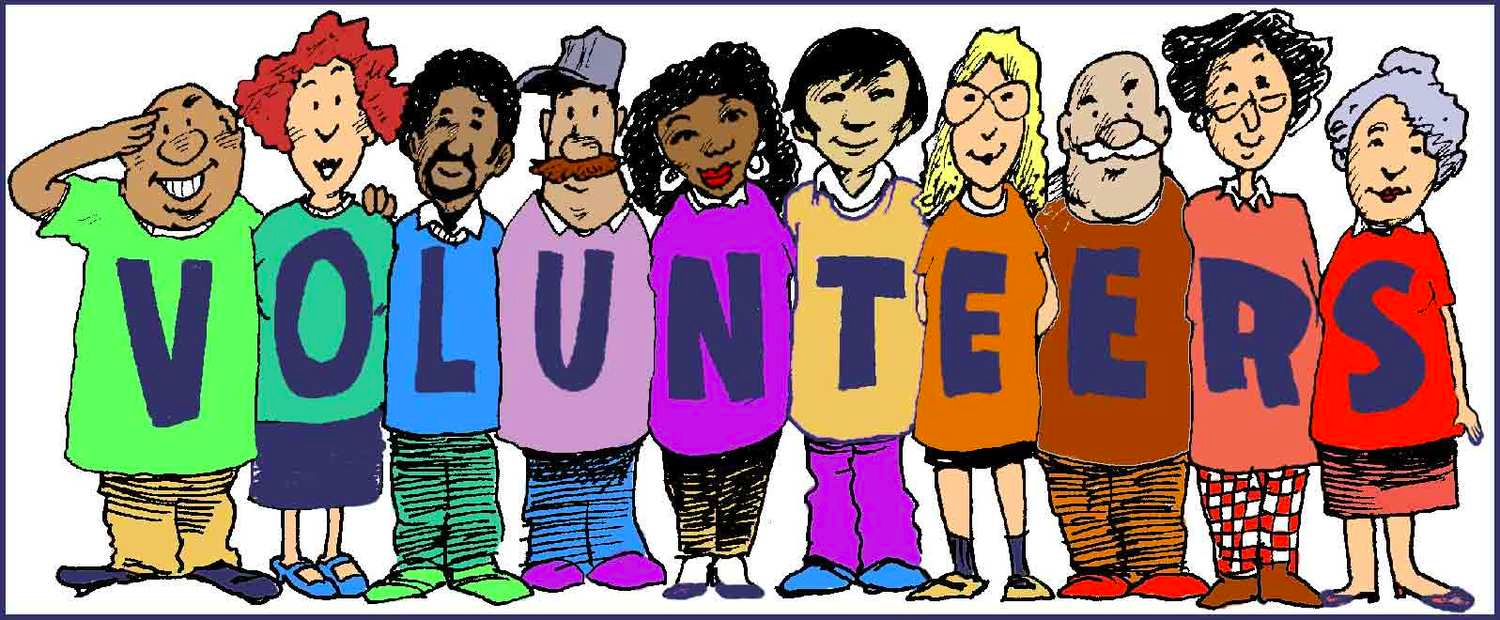Volunteering is not only a necessity of today’s economy, it is a satisfying way to occupy retirement years.

For as long as we can remember, the ever-generous seniors have been the driving force behind so much goodwill in our communities. We’ve all heard of professional volunteers, those who dedicate an enormous amount of time and energy to their communities, and most of us have benefitted from their service (in one way or another, indirectly or directly). But society is changing…and with it, so are the ways in which people volunteer their time.
The Boomer generation – Canadians born between 1947 and 1966 – face a host of other time pressures that the generation before them didn’t and this has had an impact on the volunteer sector. For example, the high-cost of childcare means that grandparents often fill the role of caregiver while the parents go to work. Families with interests overseas, or in another country, may be drawn to more travel outside of Canada and let’s face it, after a long life of working hard, some retirees may just be looking forward to their new leisure time.
To accommodate this new generation of volunteers, non-profits and charities are rethinking how they structure volunteer jobs within their organization and have begun taking these pressures into consideration when recruiting new volunteers. With 80% of Canada’s non-profits and charities relying almost completely on volunteer hours to stay open, it’s become important to develop volunteer programs that cater to the needs of the boomer generation.
Some good news: this next generation of volunteers will include more people than ever before who have enjoyed long, successful and challenging careers. As the demands that work and family have placed on them change, seniors have the potential to become a social resource by actively participating in the growth and development of their communities.
One of the trends emerging in the volunteer sector is to capitalize on the wealth of knowledge available to organizations by offering shorter-term, more substantial roles to volunteers (similar to consulting work). It sounds like a radical departure, but these new roles are best suited to the skills and experiences of the Boomer generation. This is especially important to stress to someone who is nervously stepping away from the workforce for the first time. Leaving work can also mean the loss of a social network for many and volunteering is a great way to address that. Volunteering can provide a way to keep the mind active and lives full of purpose.
What do seniors have to give? They bring to the table a wealth of life and career experience, both of which are extremely valuable to organizations. Seniors can make a big impact within a charity or non-profit by sharing their wisdom and perspective. As a result, many Canadians have discovered the fulfillment and satisfaction of volunteering after 50 years of age.
Volunteer Manitoba is proud to promote and encourage volunteerism to all Manitobans. We provide information, training and resources for volunteers, non-profit organizations and charities. Our vital contributions to the community include connecting people with volunteer opportunities, promoting volunteerism, and providing leadership and counsel in the voluntary sector. We are committed to supporting individuals and groups as they develop and enhance their capacity to meet community needs in the province.
For more information about Volunteer Manitoba, and to access the database of online volunteer opportunities, please visit www.volunteermanitoba.ca
OR visit Manitoba Association of Senior Centres website at www.manitobaseniorcentres.com for centres that promote social engagement/volunteerism.

